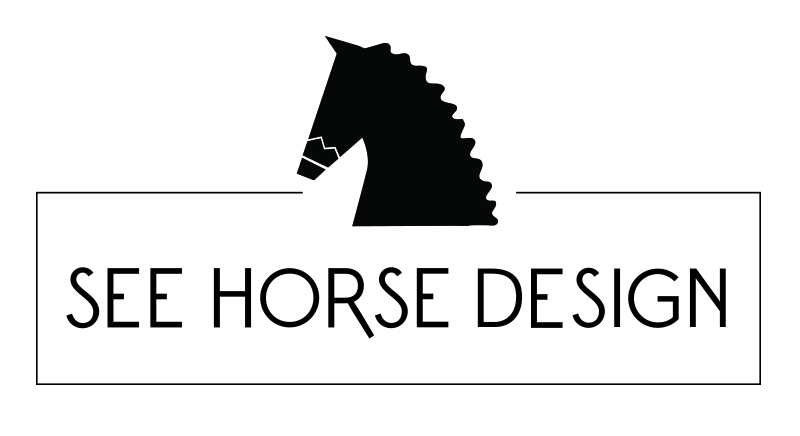Trainer Knows Best!
When you walk into the barn that I work at on weekends, this sign is probably the first thing you’ll see. Conveniently located on the first stall in stark black and white! It was a gift to my trainer from another student and most of us agree with its sentiment.

But, there are a few who choose to ignore their trainers and go rogue. These riders tend to think they know best and refuse to listen to their trainer’s well-meant advice. Well, I happen to think that my trainer is pretty great and have learned SO much from her in the past few years. However, not all trainers are created equal. Some are definitely better than others and I’ve had experiences with both. So, I decided to put together a list of things to look for in a successful trainer.
1. Communication is key! How many times does your trainer let you know that what you’re doing is correct…or incorrect? I appreciate praise from my trainer, but I have grown to value her criticism much more! I like to know if my leg is slightly too far forward on one side or if my toes are slightly turned out. If I’m giving the wrong cue or totally screwing something up, please tell me so that I can correct it! I happen to have a weird left leg. I have no idea why, but my left leg will not do what I think I’m telling it to do! I went through years of training with other people before my current trainer told me specifically what was happening and then went through a series of exercises and tweaks until we saw improvement. I’ve also heard about top trainers in my area who let their students get away with minor mistakes and try to stay positive. The only feedback they get is “good job”. We’ll, that’s nice but what exactly was good? The horse? The rider? The cues? Position? You’d never know!
2. A good attitude goes a long way. I’ve always been a pretty positive person, but when you come at me with attitude, be prepared to have some if it shoved back at you! I greatly appreciate constructive criticism, but please ditch the attitude before you enter the barn! (This goes for both the rider and the trainer) I’ve had trainers who have told me that they don’t like my horse. Yes, he can be a bit challenging but he’s smart and learns quickly – you just have to keep him interested and teach him in a way that he understands. Force doesn’t go a long way with me or my horse. And screaming demands definitely won’t get you very far! Neither will criticism that is meant to be hurtful instead of productive. If you find yourself in a situation like this, get out! Fire the trainer, cancel your lessons and do whatever you can to find someone who will build you up in a positive way. Trust me, it makes a huge impact on you and your horse!
3. How much experience does your trainer really have? If you asked someone at your local tack shop about him/her, would they have a response? Would they have heard their name before? Do they have any personal experience with this person? When I was looking for a new trainer, I went to my local tack shop, which has been around since before I was born, and asked their opinion. Not only had they heard of her, they gave her glowing reviews. And one of the girls who worked there had trained with her in the past. I kept asking around at shows and searching local horse message boards online. I found out that she had a great reputation and was listed as one of the top trainers on my local Dressage society’s website. So, I set up a face-to-face meeting. We instantly clicked and got a great feeling about her from day one. I saw the way she treated her dogs and her horses and liked the fact that she did not discriminate against an Appaloosa doing dressage. (Trust me, I’ve had some people make pretty rude remarks) I was able to ask her how she got started in horse training and got a very detailed, and very interesting answer. She had much more experience than anyone in the area, but she never bragged about it one time! I later visited her website and saw photos of her with her horses at shows and read her bio with a list of all her medals and accomplishments. Now I know that not every trainer will have such an extensive background, but it’s good to know what their background is! This is something that I hadn’t been as diligent on in the past and I definitely learned some hard lessons because of it!
4. Sense of Humor is so important when it comes to horses! Yes, there are times when it’s important to be serious, but a sense of humor makes learning more fun. And if you’re having fun, chances are your horse is having fun too! One thing to remember here is that everyone’s sense of humor is different. I definitely lucked out in having a trainer who appreciates the art of sarcasm as much as I do. So I know that when she tells me my left leg is so horrible she wants to chop it off, I know that she’s not literally going to do it. haha! It might sound awful, but when it’s said in a joking way with a chuckle and a British accent, I swear it doesn’t sound bad at all! (but maybe that’s the British accent?) Anyway, it’s important to be able to laugh when things are going wrong instead of getting tense and melting down. This helps keep the stress level down for both you and your horse…. and your poor trainer!
5. Does your trainer have similar views on training techniques/methods? Does he/she think it’s OK to beat or whip a horse? Are harsh bits seen as acceptable? I know where I stand on issues such as these, but what about your trainer? Do you allow him/her to convince you that something is OK even though it goes against your own morals? This should be a huge red flag for you! Even if this trainer has a great reputation for training horses who win, do you really want to put your horse through that? Is it worth the blue ribbon? Nothing is worth risking my horse’s health and well-being and I encourage you to set standards and personal rules when it comes to what you will do and what you won’t accept in horse training. There are thousands of techniques out there and several involve some level of abuse. I’ve always believed that you can accomplish “more with honey than with vinegar” and my horse is proof that you don’t have to be violent to get the point across. You can be forceful and you can be persistent, but find a way that works for both you and your horse without creating unnecessary stress or pain.
Well, did I leave anything off? I’m sure I did but those are a few important points to consider when choosing a trainer. I wish you luck and hope that you’re able to find one you love as much as I do. Good trainers are fairly easy to find, but excellent trainers are harder to come by. So keep your standards high and your heels low!






